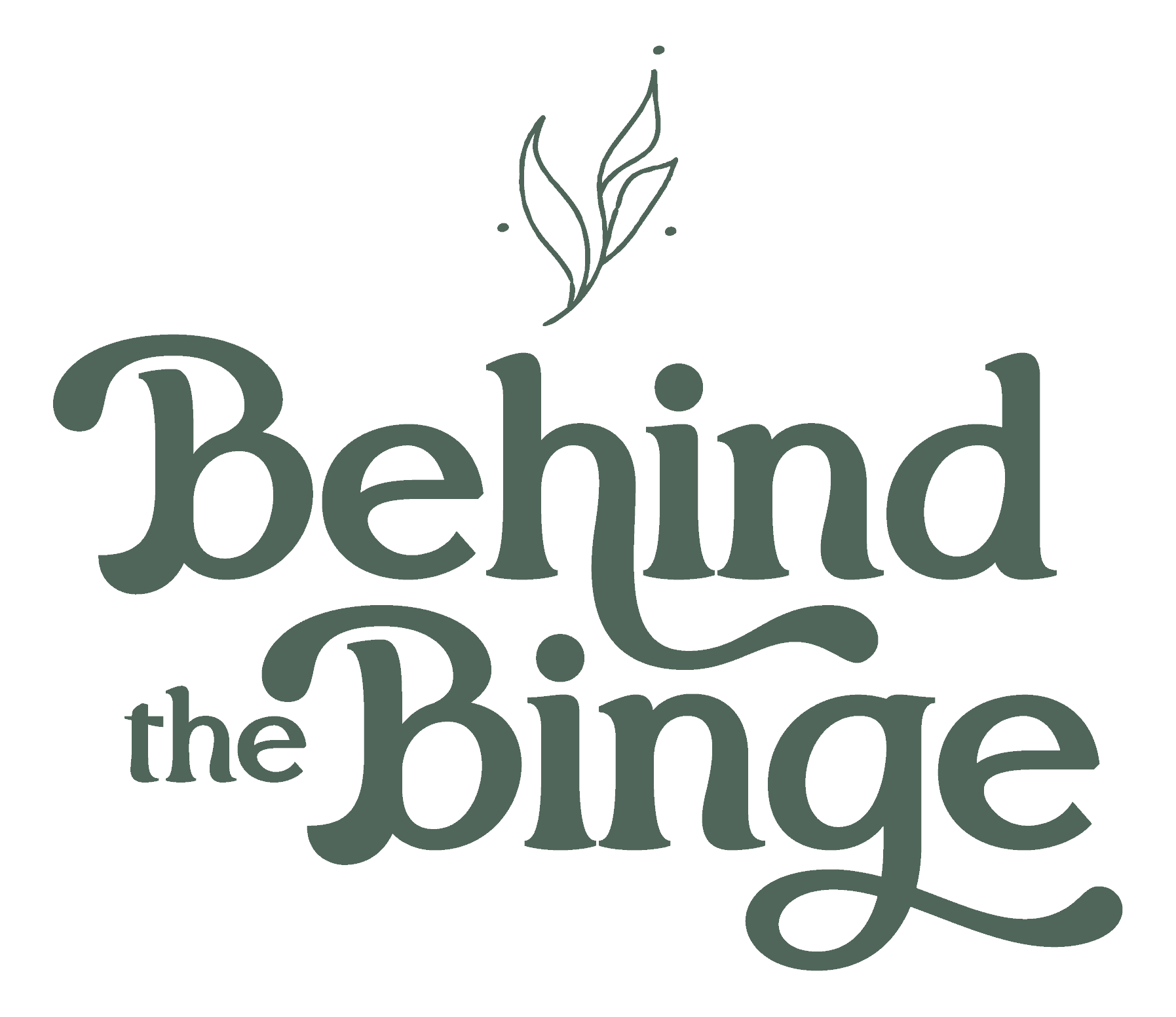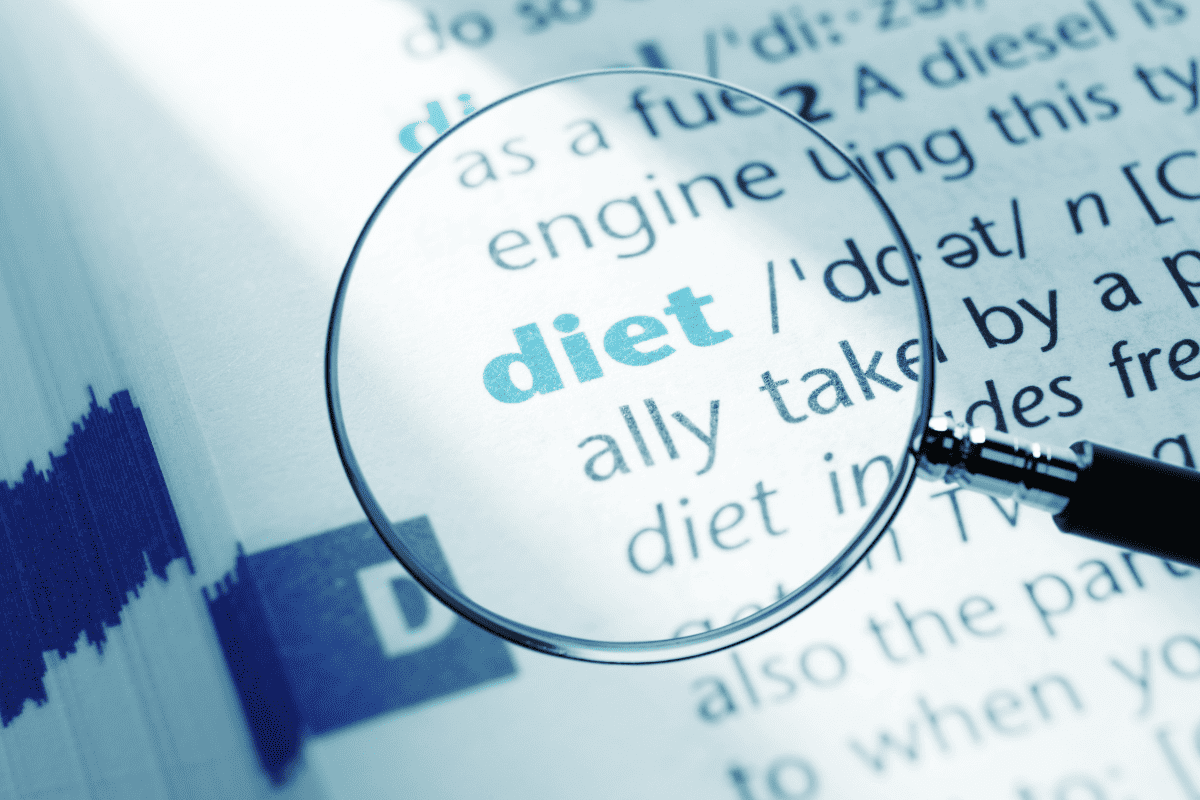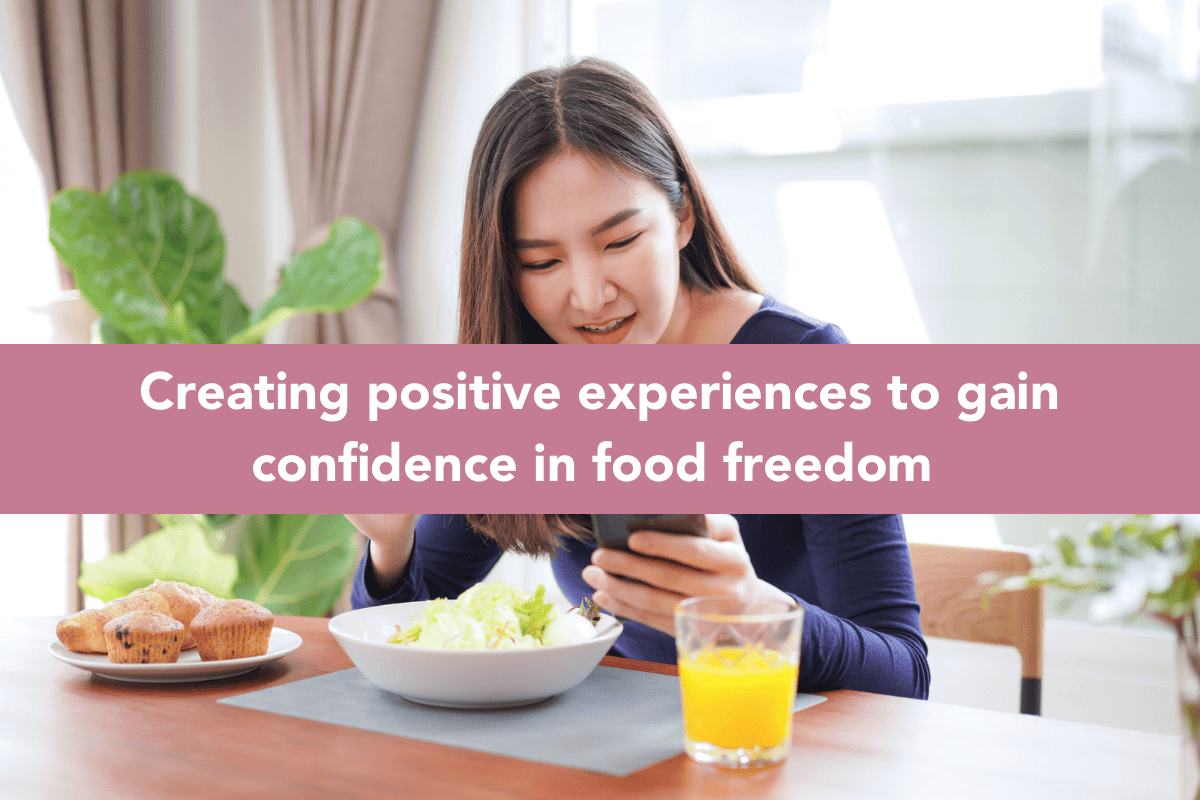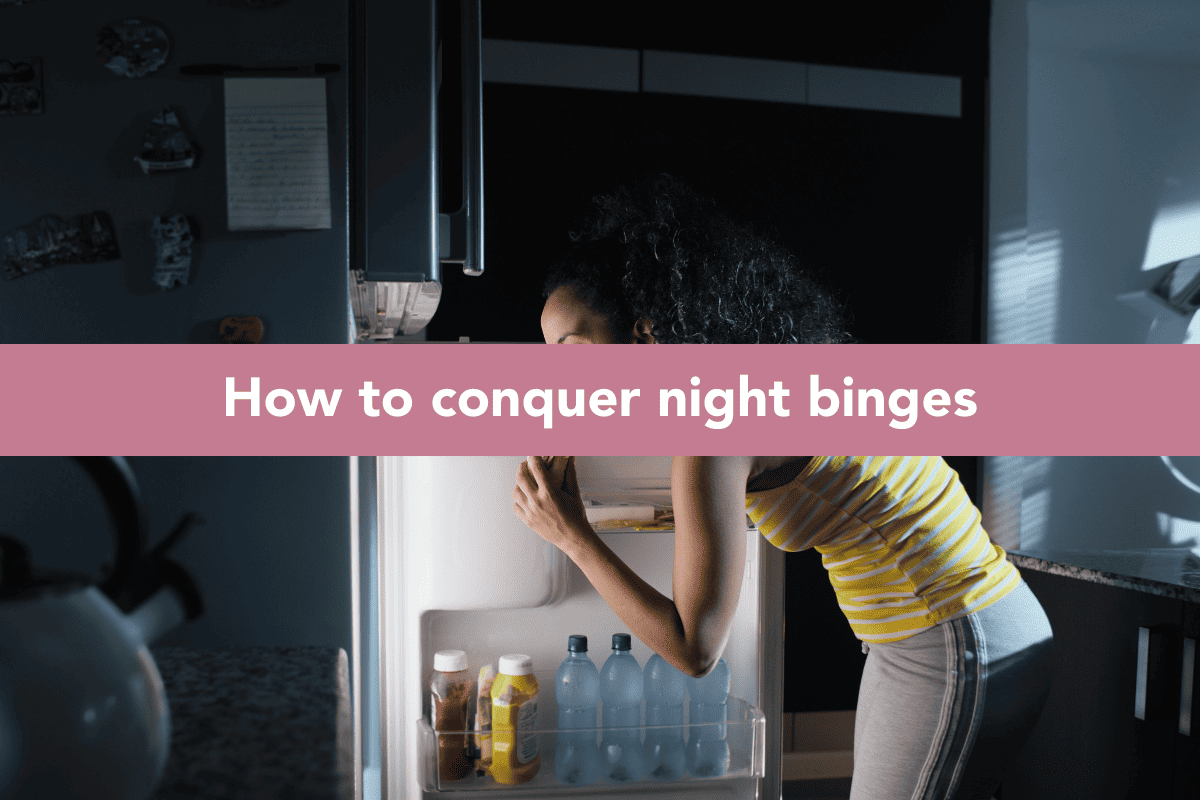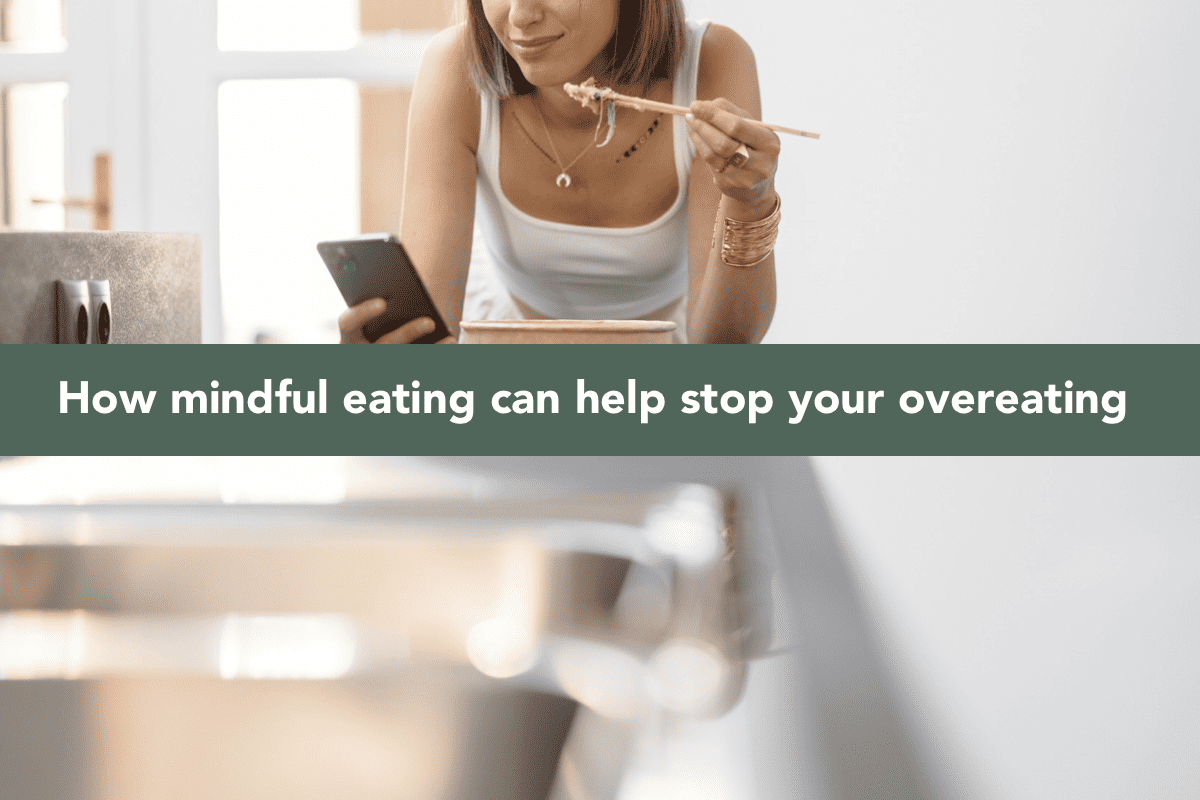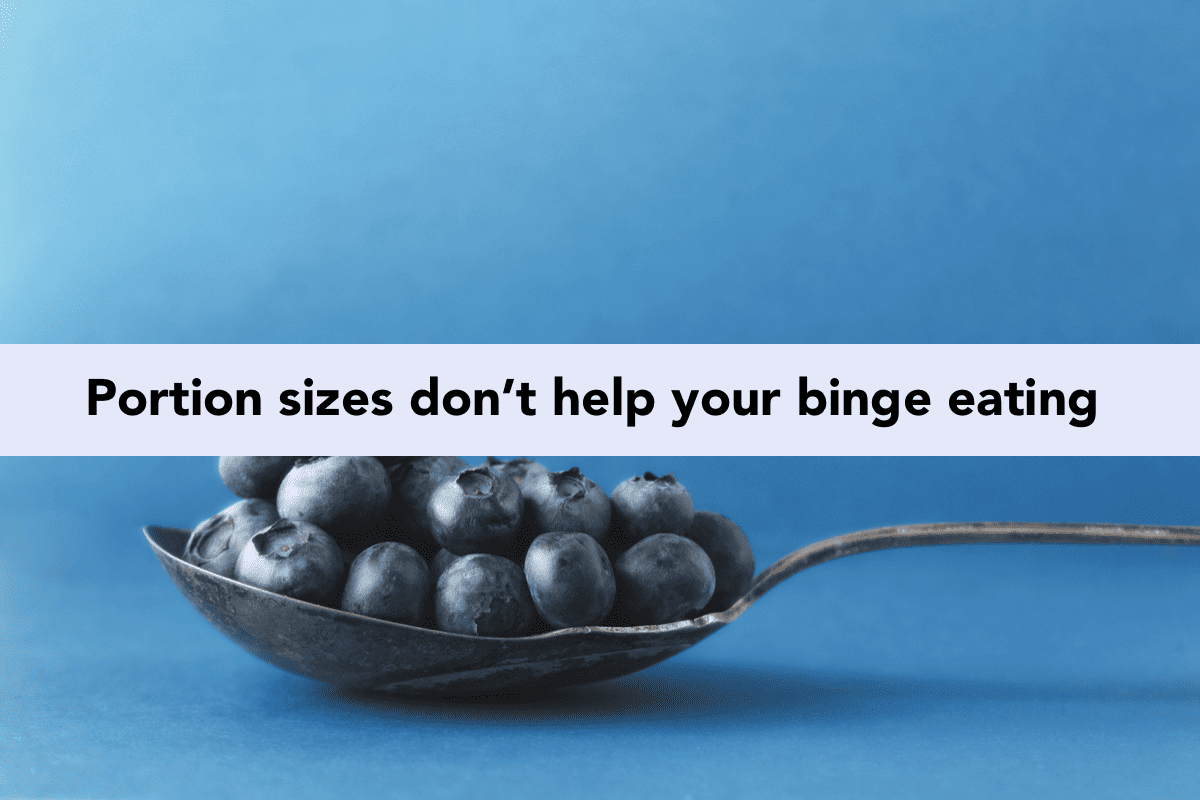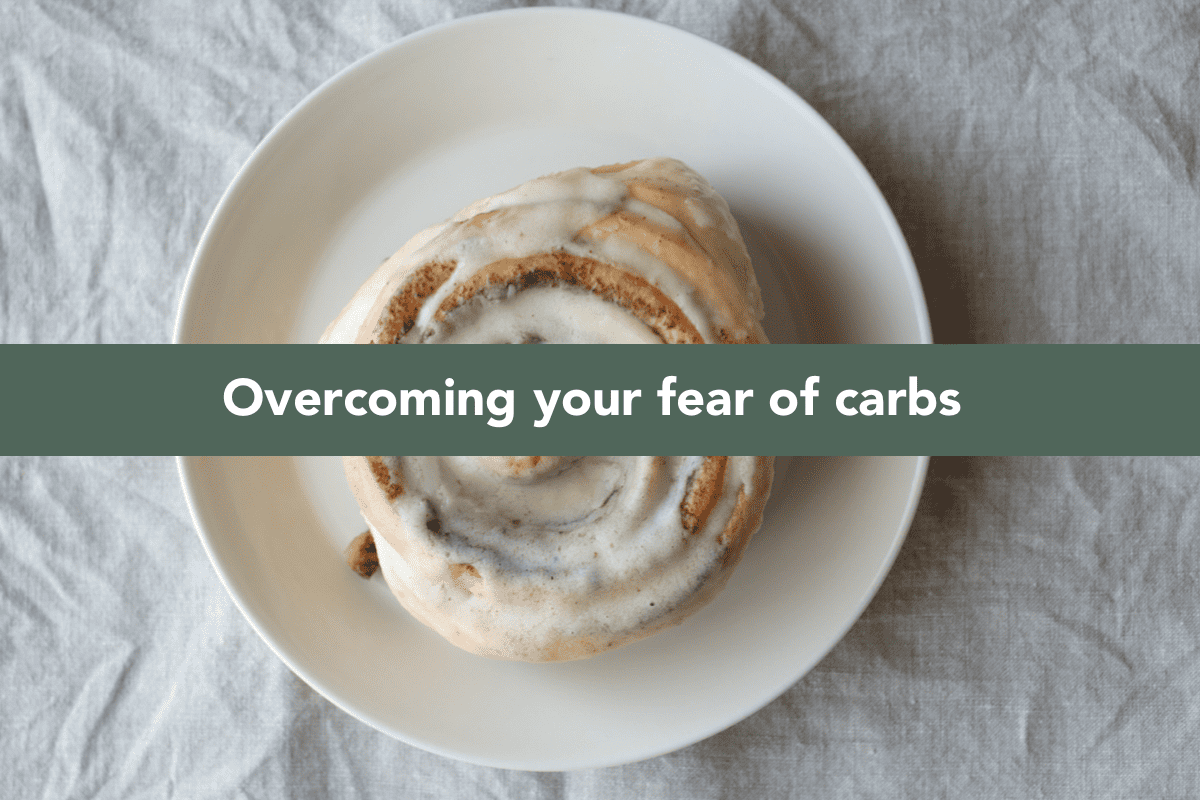Diets aren’t quite the recipe for success they’re made out to be. We already know that 95% of dieters will regain back the weight they lost or more. This is not only because our bodies have a certain set point it likes to maintain, but these diets are also unsustainable. They don’t leave much room for variety or fun. (And eating should be fun!!) But most importantly, some of these diets can be so restrictive that it actually affects our mental health. Which is just as important as physical health!
Disclaimer: The purpose of this article is not to create fear around these diets, but rather provide education about the harmful side effects that don’t often get discussed.
The Keto Diet
The ketogenic or the “keto” diet was created to manage seizures in children with epilepsy, NOT as the weight loss diet it is marketed today This low carbohydrate, high fat, diet is designed to push your body into ketosis. Ketosis is when our bodies use fat as its main energy source, instead of carbohydrates which it prefers.
When first starting this diet, people often undergo the “keto-flu”, where they experience flu-like symptoms such as stomach aches, dizziness, and low energy levels. Furthermore, experts describe this diet as being “unsafe” because it can cause low blood pressure, constipation, and nutrient deficiencies all while increasing the risk of heart disease. I’m guessing this information is probably not added to the influencers captions when they’re posting about their keto weight loss. But because I care about you, I want you to have all the facts.
Fasting
Intermittent fasting is a diet that only allows you to eat within a “feeding window.”While fasting periods can range anywhere from 16 hours to every few days, the overarching idea is that when we are not eating, our bodies rely on its fat stores for energy.
While some people do have success with intermittent fasting as it may naturally align with their schedule, this diet is ultimately not recommended for everyone. Our bodies are designed to eat meals and snacks consistently throughout the day. So when we ignore or try to “trick” our hunger cues, they’re more likely to build up to the point where we feel ravenous, insatiable, and out of control around food by the end of the day. Does this sound familiar?
Those who do intermittent fasting often feel tired as their bodies run on less energy than usual. Fasting is known to boost cortisol, or stress, in the body, causing sleep patterns to be interrupted. Not eating consistently also can affect dopamine and serotonin levels (hello happy hormones!). So those who participate in intermittent fasting are more likely to feel symptoms of anxiety and depression.
Recently, Dr. Will Cole came out with a book called “Intuitive Fasting” with a foreword written by Gwenyth Paltrow. While it may use the “word” intuitive in the title, it’s important to remember that Intuitive Fasting is anything but. The word “intuitive” means using, listening, and honoring our instincts. So when paired with the word “eating”, the word “intuitive” implies tuning into our bodies inner wisdom to make an informed decision about when, what, and how much to eat. On the other hand, the word “fasting” means to abstain or withhold from eating for a prolonged period of time. So when the two are paired together, they become quite the oxymoron. Simply put, it is impossible to honor your body’s hunger while also denying it food at the same time. Aka please don’t buy this book.
Counting Calories
Counting calories, or even tracking macros, may seem like a fool proof plan, especially for those who like a little more structure. And while it may seem like a great plan in theory, it’s important to remember that your body’s energy needs differ from day to day. Factors that impact your bodies energy needs include how much you are exercising, your sleep patterns, and where you are in your menstrual cycle. So while certain equations may be able to give an estimate of how many calories you need, there’s really no way of knowing the true amount.
Another reason why calorie counting is so difficult is because the number of calories listed on a nutrition label may not accurately reflect the number of calories in the actual product. The FDA allows a 20% margin of error for food companies. This means that if a food label says a package of trail mix is 100 calories, it can actually be anywhere from 80 to 120 calories. This isn’t to try to mislead you or trick you into thinking you’re eating less calories than you really are. It’s because of bomb calorimetry, the method used to determine calories in food, isn’t a perfect science. Additionally, foods like chocolate chip cookies or trail mix, may not have the ingredients uniformly mixed. Thus, affecting the amount of calories in them.
Not only is it hard to determine the number of calories in food, but it’s difficult to understand how we absorb those calories when we eat them. For example, an apple alone will digest differently than when paired with a source of fat, such as peanut butter. Our hunger levels also affect how quickly our food will be digested. When we’re ravenous, our bodies will digest food more quickly than when we’re moderately hungry. Interestly enough, the bacteria in our gut can also have an impact on the way our bodies process calories.
But besides that, counting calories takes the joy out of eating. When we view food only as the calories they are comprised of, it becomes difficult to eat for pleasure. Counting calories makes eating food prepared by others, such as those made at restaurants or by family members, extremely difficult as we do not know exactly what’s in the food. Not to mention that hitting our calorie goal for the day can often require ignoring our hunger and fullness cues, which can lead to over or undereating.
Juice Cleanses
Juice cleanses do not provide our bodies with the essential calories, carbohydrates, protein, and fat it needs to keep us alive. And because juice doesn’t provide nearly enough energy, our bodies are much more likely to slow down our metabolisms, and hold on to any form of calories it can get. These cleanses will also cause our bodies to rely on and break down our muscle for protein since it is not receiving any from the diet.
There is no scientific evidence that these juice cleanses rid our bodies of toxins as well- that’s what our liver and kidneys are for!
Paleo
The assumption behind the paleo diet is that if we abstain from eating grains, dairy, and legumes like our caveman ancestors, we will lower our risk of developing chronic disease. But again, the science behind this theory is not so clear.
For starters, the diet places a strong emphasis on protein such as chicken, beef, and fish. And while protein is definitely a component of a healthy eating pattern, evidence suggests that a majority of the cave people’s diet actually consisted of plants and only animal protein when it was an option. So the name “paleo” isn’t even completely accurate.
The paleo diet also has the potential to put people at risk for nutrient deficiencies such as vitamin D and calcium, which are essential for bone health. Similar to keto, this diet tends to be low in carbohydrates, which, again, are our bodies favorite forms of energy. This diet also has potential to be low in fiber due to the exclusion of grains and legumes.
So if you’re currently asking yourself what the healthiest fad diet you can follow is, the answer is none. The healthiest diet is one that allows you to listen and nourish your body while eating foods that make you feel good both physically and mentally!
Blog contribution by Holly Greenberg, Dietetic Intern.
Review and Edited by Marissa Kai Miluk, MS, RDN, LD and Kaitlyn Allen MS, MEd, MS, RD

